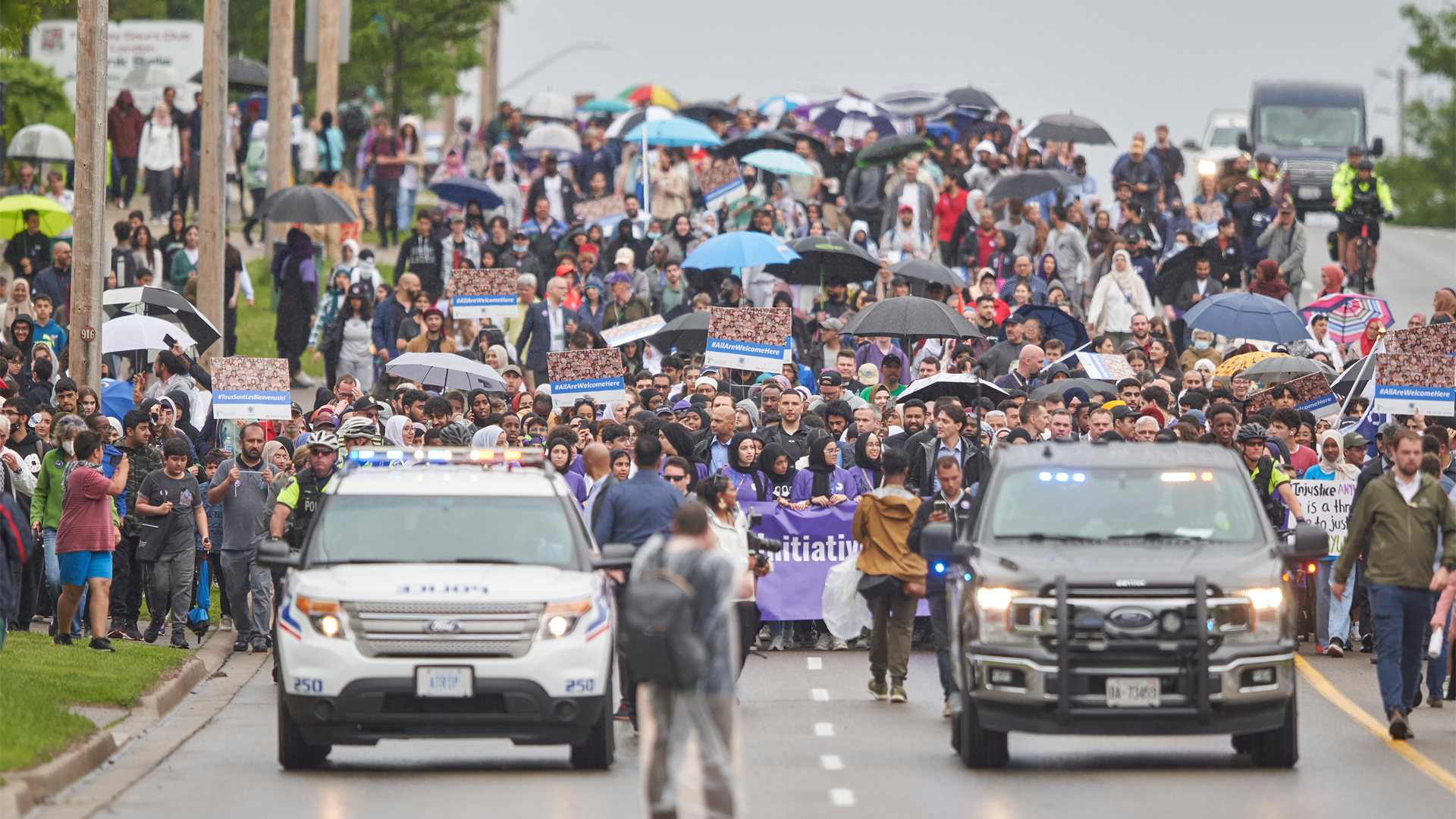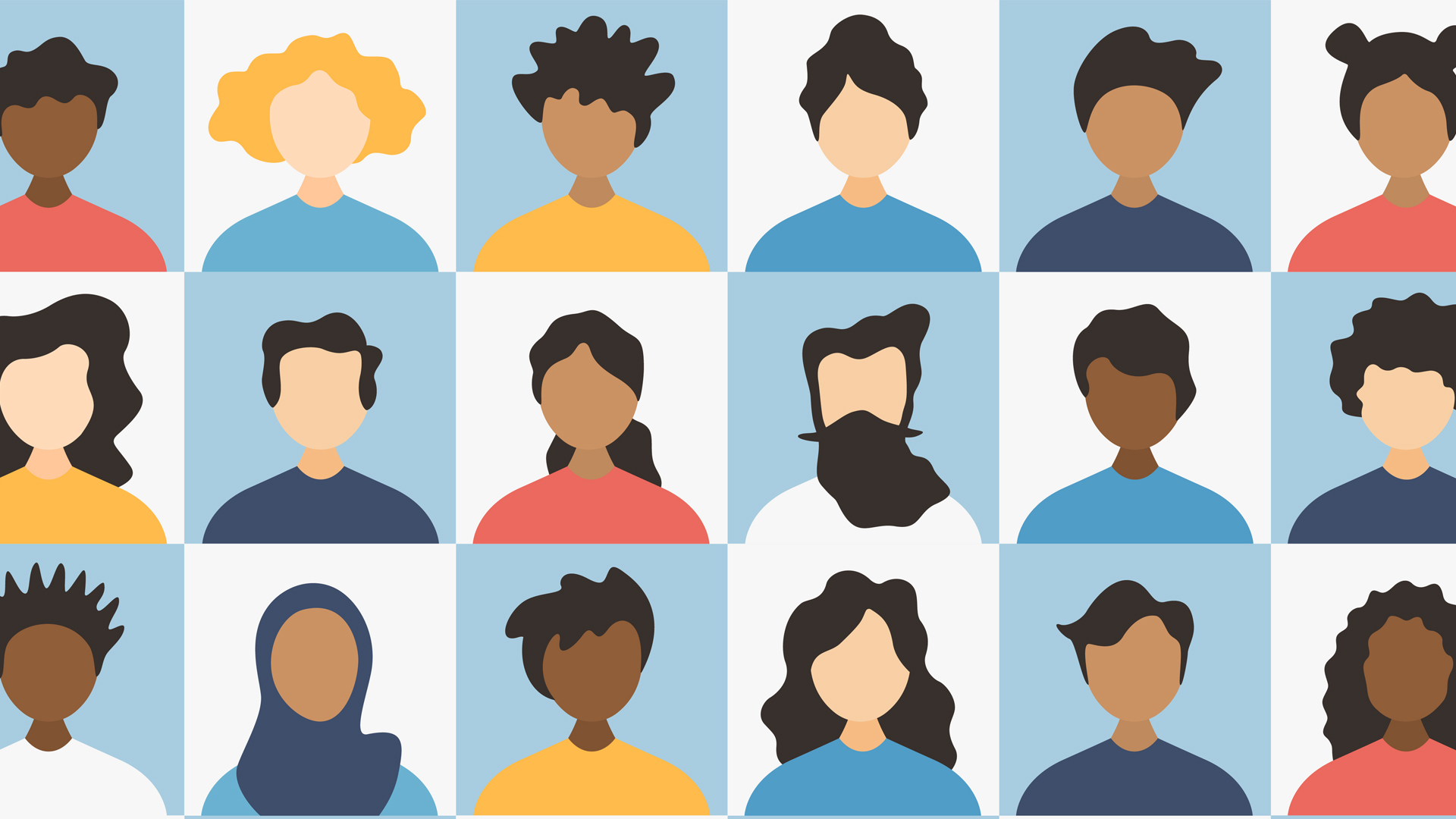
Anti-racism is the call of the day in the Global North. In addition to their earlier push to introduce a diversity, equity and inclusion (DEI) culture, institutions are now also hurriedly producing anti-racism strategies and policies. This is supposed to combat the growing tide of hatred against those of non-white origin.
There has also been a sudden surge in such strategies and policies across several government departments and civil society organizations. This has been more obvious on the heels of recent incidents such as the Quebec mosque shootings, the London, Ontario, murders and racist profiling by police against Indigenous people.
Some examples of recent anti-racism efforts in the Canadian government include Canadian Heritage and its federal anti-racism secretariat. Global Affairs Canada has adopted a call to action on anti-racism, equity and inclusion. Immigration Refugees and Citizenship Canada has established a three-year anti-racism strategy and anti-racism sector commitments – after employees reported racist workplace behaviour.
The RCMP, also under fire for its racist history has recently developed an equity, diversity and inclusion (EDI) strategy to address racism and discrimination in its workforce and its relations with the communities it policies.
The mandate of N.B.’s systemic racism commissioner perpetuates the problem
Ottawa could implement two accountability measures to help eradicate racism
The Canadian Security Intelligence Service (CSIS) has had to answer to reports of racist behaviour towards its racialized employees as well as towards racialized Canadians, especially Muslims. Cooperation Canada, an umbrella organization of Canadian development organizations, has also recently developed an anti-racist framework for Canada’s international co-operation sector.
But anti-racism policies and strategies can’t be an effective means of combatting such hate, particularly when the hatred has manifested itself unchecked over decades. More importantly, a set of recommendations and regulations, mostly on paper, won’t eradicate centuries of white supremacy and colonialism. This is particularly true when the leaders of these strategies are still white themselves.
In the Canadian context, there is much more to reckon with than just right-wing sentiments against non-white outsiders. Racism goes hand-in-hand with colonialism, a vivid part of Canada’s history and how this nation was originally formed.
Current anti-racism strategies focus on more cosmetic and administrative aspects, such as hiring practices, use of language and cultural sensitization. They do not explicitly acknowledge the damage done by generations of colonial control over others, nor do they offer any form of reparations – financial or otherwise – for that damage.
It is perhaps not ironic then that there is no such effort when it comes to Indigenous peoples – the community most impacted by racism in Canada. There is no anti-racism strategy listed specifically by Crown Indigenous Relations and Northern Affairs Canada. Instead, all such efforts are directed at “reconciliation,” a comfortable word for former white colonizers, but of no consequence to a population virtually erased by them. Why is racism not applicable in this case?
Furthermore, none of these efforts listed above address Canada’s racist stance outside the country. Take for example, its attitude towards other countries, many of which it works in and seeks immigrants from.
If we are racist towards persons of non-white origin within Canada, we are most certainly also racist towards them in their own countries.
For instance in international development co-operation, it’s not about “implementing anti-racism efforts into the design and delivery of our context-specific, culturally competent programming,” as Cooperation Canada’s framework suggests. It is not about implementing such programs in countries we see poorer and weaker than our own. This relationship is what creates power imbalances between rich, white countries and others. It is in fact about not imposing such programming at all, which only further manifests the racist attitudes we hold about others, i.e. that they need to be “helped” because they are not like us.
Anti-racism strategies also must reflect our foreign policy if we truly want to rid ourselves of racist thoughts and practices. Being one of the few countries refusing to recognize the plight of Palestinians – indeed, to deny them health care – is not subtle, but actually overt racism within our foreign policy.
How then is anything that we propose internally to be believed if we are ready to deny basic health care to one of the world’s most vulnerable groups? A similar instance is the difference between Canada’s treatment of Afghan refugees versus Ukrainian refugees. Such stands clearly illustrate the influence of racist practices on our humanitarian efforts as well.
Similarly, Canada’s anti-racism strategy, “Building a Foundation for Change,” is a muddle of popular and vague terms such as “innovation,” “capacity building,” “community engagement” and “Indigenous-focused approach.” Nowhere is it explained how any of this will address racism in terms of giving back what was stolen, or providing autonomy and decision-making to all communities equally.
Anti-racism efforts have also recently incorporated concepts such as “decolonization.” This is a term Canada has thankfully not yet popularized too much in its discourse. True decolonization since the Second World War is in reality a violent phenomenon, much like colonialism.
To fight racism in its current, violent form, quick fixes such as community consultations can never be sufficient.
A case in point was the trucker convoy that highjacked Canada at the beginning of 2022. Despite the existence of anti-racism strategies, there was no immediate attempt by the government to control or acknowledge the racism inherent in the actions of the perpetrators.
If it’s systemic racism, it’s the system that is racist, and policies and strategies have never reformed systems. What could address racism and racist practices are more determined efforts to address the past.
First, we don’t need to only reconcile with Indigenous peoples. We need to give back what we violently stole from them: their land, autonomy, independence, identity and exclusion from the mainstream. Land acknowledgements won’t do. Give the land back.
Second, diversity, equity and inclusion are simply cosmetic buzzwords – part of a revenue-generating industry. Instead, basic needs such as housing, education, health, justice, employment need to be available equally to all. This means allowing people such as new immigrants, Indigenous people and temporary foreign workers equal access to these services. Applying a different set of rules for each of these groups is a racist practice in itself. This must be changed.
The Liberal government must rid the country of systemic Islamophobia
So-called “Freedom Convoy” is a symptom of a deeply unequal society
Third, Parliament must continue the implementation of anti-racism legislation that explicitly invoke the various rights and freedoms specified in the Charter of Rights and Freedoms. This should include legislation that directly addresses specific issues such as sexual orientation, Indigenous rights and minority rights.
Examples can be found in federal Bill C-230, a national environmental racism strategy; Ontario’s Bill 67 on racial equity in education; the Ontario NDP’s proposed anti-Islamophobia bill; and the Anti-Racism Data Act introduced in British Columbia. Strategies and secretariats won’t do. Make it law.
Fourth, Canada needs to pull its weight on the global stage if it wants to be true to its image as a tolerant, welcoming and anti-racist society. It must also stand up against racism and xenophobia, and for human rights in the countries it works with, if it claims to do the same within Canada. This means making hard decisions about no longer financially and politically supporting those who abuse these rights in their own countries. Let human rights trump the economy. Then, maybe the economy will also prosper.
Lastly, Canadians need to eradicate their biases against non-white, non-Christian cultures in national security and policing, military intervention and intelligence gathering. Cases such as the RCMP raid on Wet’suwet’en territory, or the excessive monitoring of Muslim Canadians on terrorism claims, have clearly demonstrated this bias. This has put more lives at risk than protecting them. It’s time for greater parliamentary and public oversight in these spaces. Make everyone more secure.
We will need a stronger, louder and, yes, perhaps a more confrontational approach to anti-racism in Canada if we really mean to eradicate racism. Because anti-racism is about giving up power to others – and the powerful never want to give up their power.











